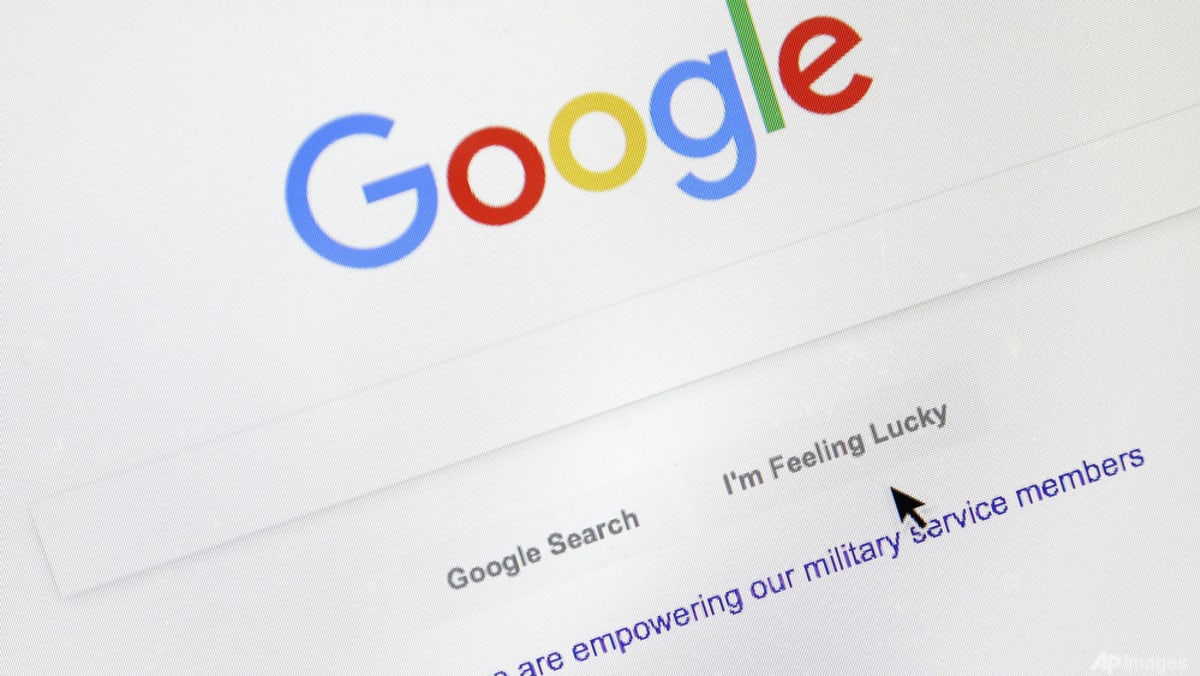Commentary: Google ruled an illegal monopoly – where does the tech giant go from here?

LEGAL MOVES, BUT NO PRACTICAL STEPS YET
In the recent US case, the judge has not yet announced how it wants Google to stop using its monopoly.
Some rivals want to split Google’s advertising business from its search engine. Another solution would be to force Google to share the data it gathers. Doing so could improve search results for everyone.
Just like it makes little sense to have competing pipes bringing water to your home, it makes little economic sense for several firms to pay billions to gather the exact same information. This is why some groups favour having Google share its data.
Existing attempts at setting precise rules for big tech, however, sometimes have no obvious benefits for consumers.
The European Commission, for instance, wanted Alphabet to stop sending Google search results about locations directly to Google Maps. But, according to one analysis, when Google removed the clickable maps from its search results, along with the Google Maps reference, there was only a modest increase in searches for other map services. Visits to Google Maps, meanwhile, changed very little.
So, despite all the legal moves to introduce more competition into this market, huge questions thus remain as to what practical steps regulators can take without making the consumer experience even worse.
Renaud Foucart is Senior Lecturer in Economics, Lancaster University Management School, Lancaster University. This commentary first appeared on The Conversation.
Source: CNA















